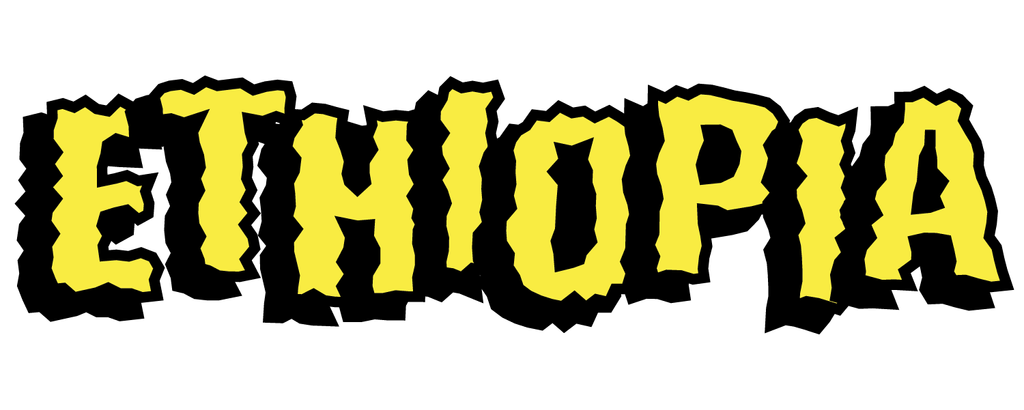
Ethiopia was everyone's first taste of specialty right? I remember mine - I think it was from Yirgacheffe. It was amazing. Ethiopia's vast, vast history makes it one of (if not THE) most important origin in the specialty coffee world. Lauded as the birthplace of coffee, Ethiopia has 99% of the worlds diversity for coffee plants, a statistic which has a huge factor to play in the incredible range of flavour diversity we see in the origin; the massive amount of plants in Ethiopia are categorised as "Local Landrace." Ethiopia is one of the biggest exporters of coffee, but coffee is just as important within the country as it is outside of the country - with coffee ceremonies still popular and the phrase "coffee is our bread," Ethiopia is the origin

